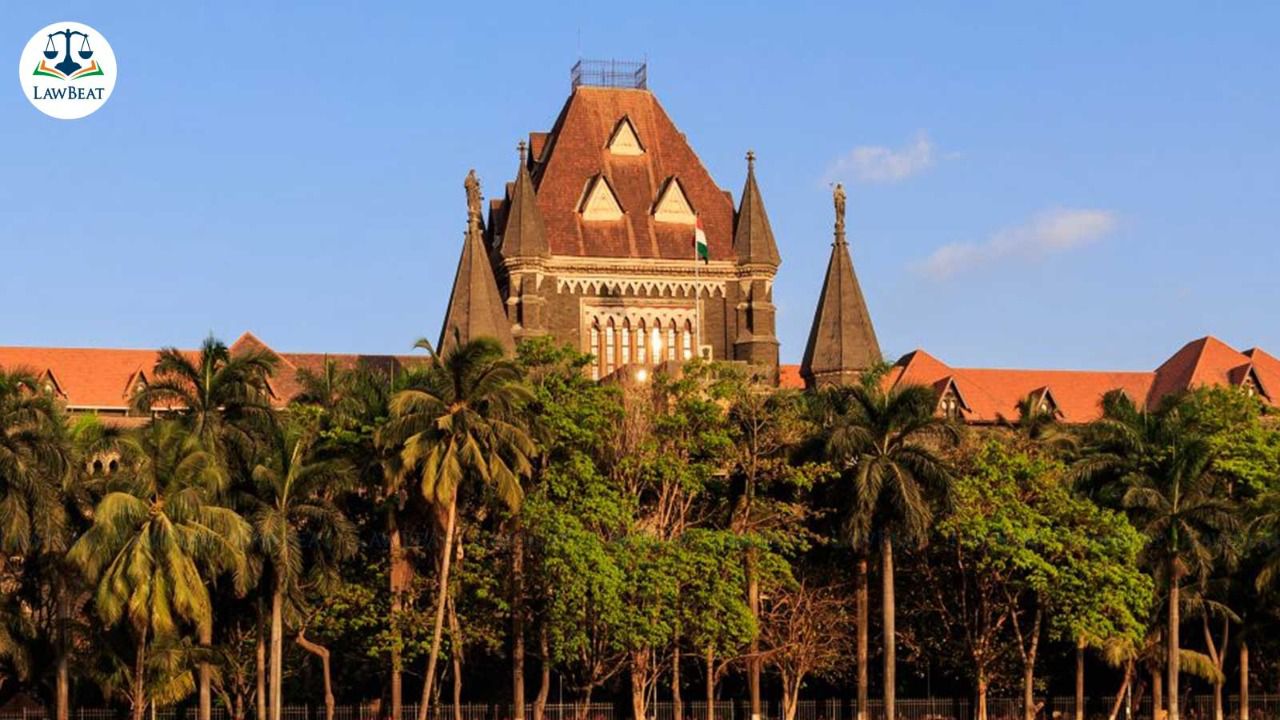Bombay HC permits termination of 27-week-pregnancy at private hospital of woman's choice

The Medical Termination of Pregnancy Act 1971 mandates terminations beyond 24 weeks to take place only at government hospitals or government-approved institutions, prohibiting private hospitals from performing such procedures
The Bombay High Court has recently authorized a 27-week pregnant woman, facing fetal anomalies, to proceed with terminating her pregnancy using the 'fetal reduction' method at a hospital of her choosing.
The order was passed in a petition filed by the woman and her gynecologist.
After obtaining approval from JJ Hospital's medical board for terminating her pregnancy due to a fetal heart abnormality, the 37-year-old woman wanted her gynecologist Dr Nikhil Datar to perform the procedure at private hospital Cloudnine.
However, she encountered a hurdle as the Medical Termination of Pregnancy Act 1971 (MTP Act) mandates terminations beyond 24 weeks to take place only at government hospitals or government-approved institutions, prohibiting private hospitals from performing such procedures.
Woman's concerns were further heightened by JJ Hospital's medical board report, indicating that if the baby were born alive during the procedure, it would necessitate admission to the neonatal intensive care unit.
Fearing this outcome, she contested the restriction, citing a violation of her constitutional right to life and emphasizing the emotional distress of delivering a foetus with severe abnormalities.
The petitioners referred to Form A prescribed under Rule 5 (1)(ii) of the Medical Termination of Pregnancy Rules, 2003 (the Rules of 2003) for the category of approved places which referred to places where pregnancy could be terminated from twelve weeks to twenty four weeks.
However, there was no category of any approved place for termination of pregnancy beyond twenty four weeks.
The petitioners argued that since under the provisions of Rule 5 (1)(ii), pregnancy beyond twenty four weeks could also be terminated subject to the facilities stated therein being available but a provision of such category was not provided in Form A, therefore, it was necessary to have such category of approved places even in Form A.
The petitioners sought direction to be issued to correct Form A provided under the Rules of 2003 so as to bring it in tune with Rule 5 (1)(ii) of the said Rules.
The Advocate General tendered a copy of the further opinion expressed by the Medical Board that the termination of pregnancy could be done as per the patient's wish, the method of termination (surgical/medical) and place of termination to be decided by obstetrician including prior intrauterine foeticide.
He further informed the court that the facilities as prescribed under Rule 5 (1)(ii) of the Rules, 2003, were presently not available at the civic-run JJ Group of Hospitals or the Cooper Hospital, but they were available at Wadia Hospital, a private institution.
To this, the petitioners' counsel argued that at Cloudnine Hospital also, the aforesaid facilities were available and the hospital had the requisite approval as per existing Form B under the Rules of 2003 from the Municipal Corporation of Greater Bombay.
Therefore, considering the exigency of the case and the peculiar fact that Form A under the Rules of 2003 does not contain any reference to an approved place where pregnancy beyond twenty four weeks can be terminated, court allowed the woman to have her pregnancy terminated at Cloudnine Hospital.
However, the division bench of Justices AS Chandurkar and Jitendra Jain kept the larger issue as regards the provisions of Section 4(b) of the Act of 1971 and Rule 5(1)(ii) of the Rules of 2003 open for consideration.
Court issued notice to the respondents, returnable on June 20, 2024.
Case Title: XYZ v. UOI
